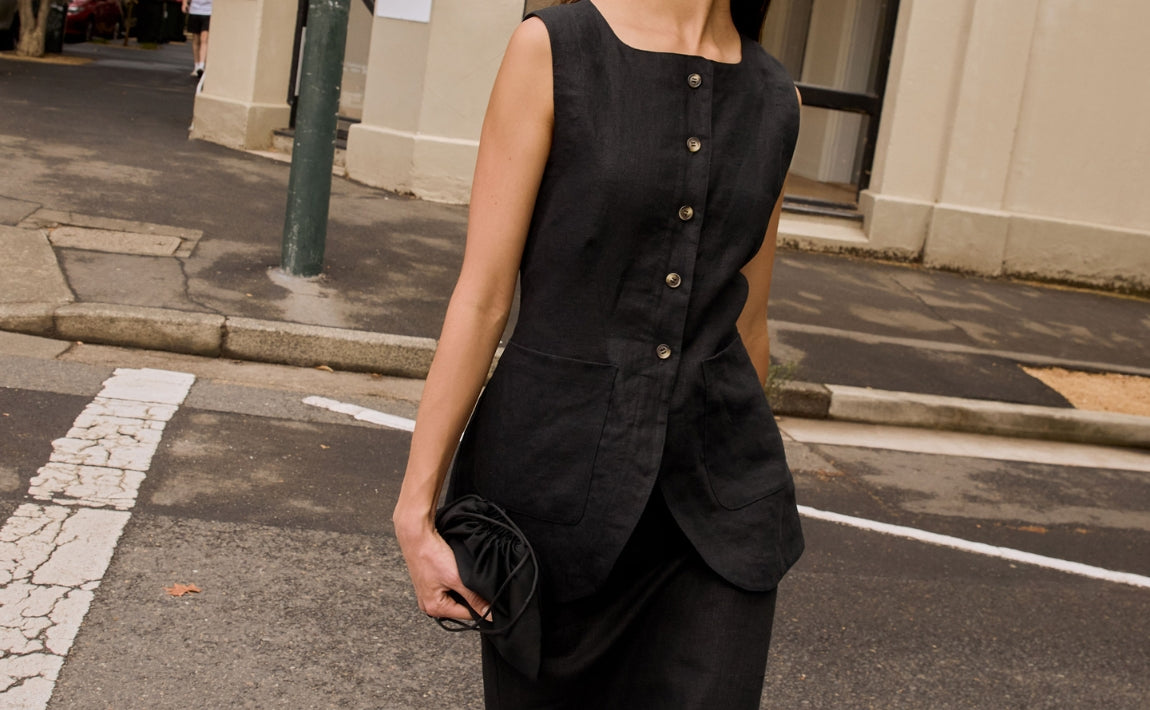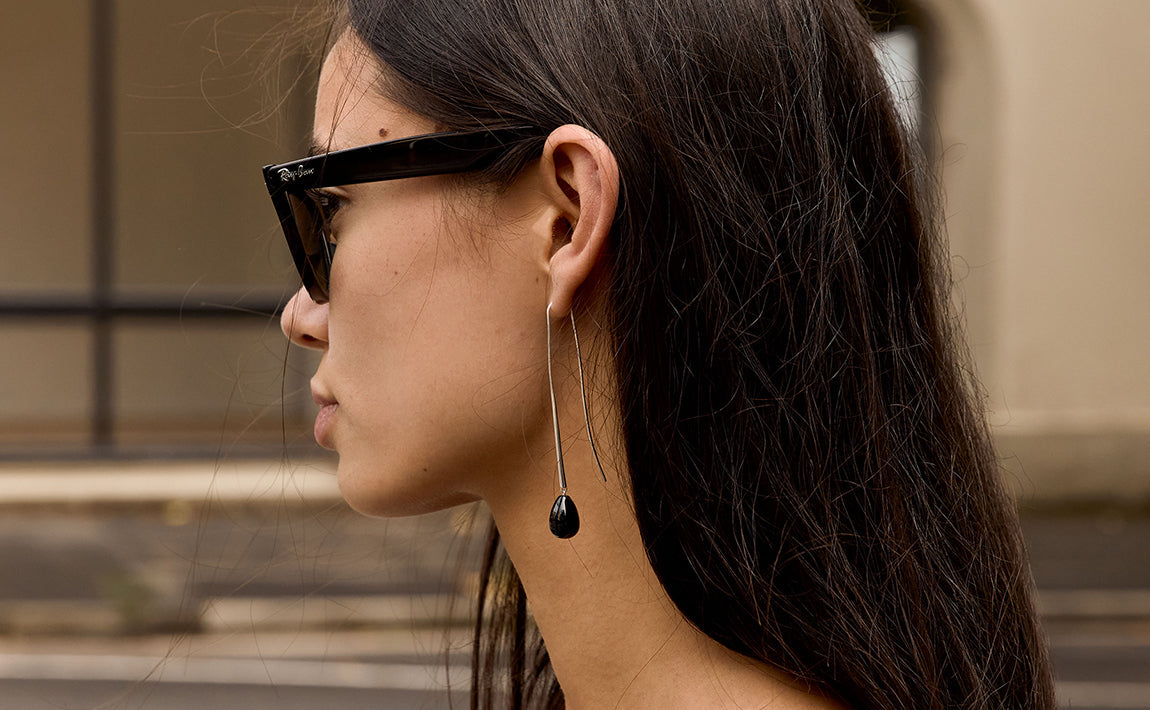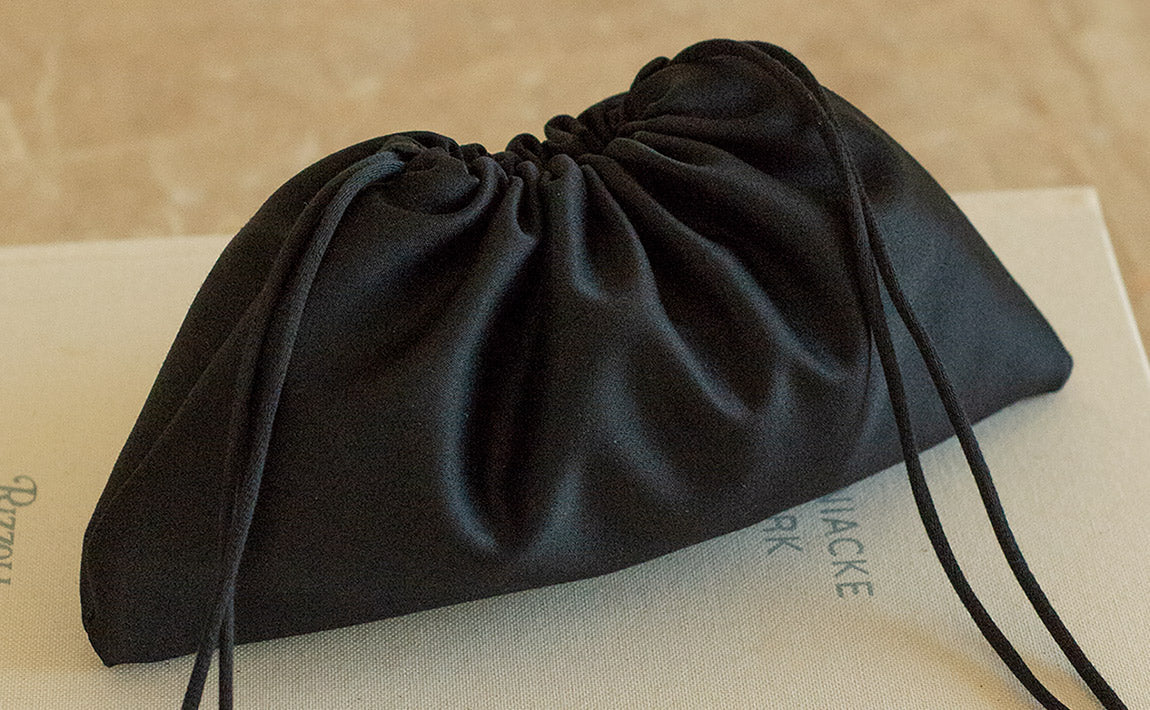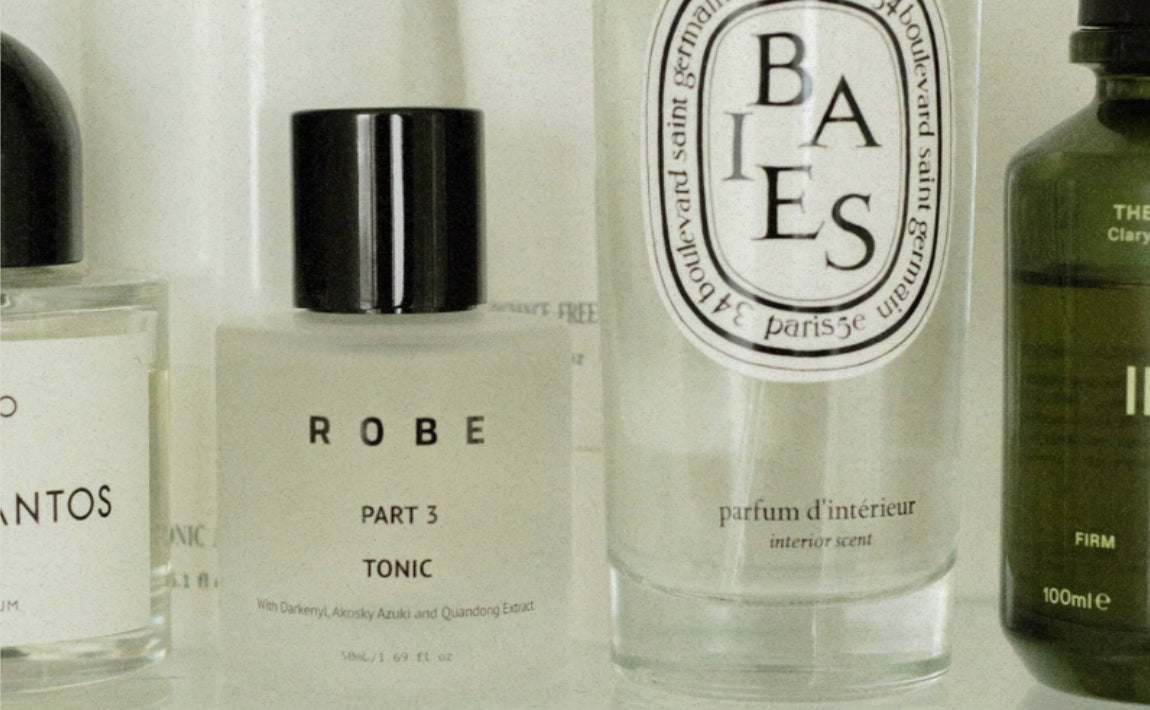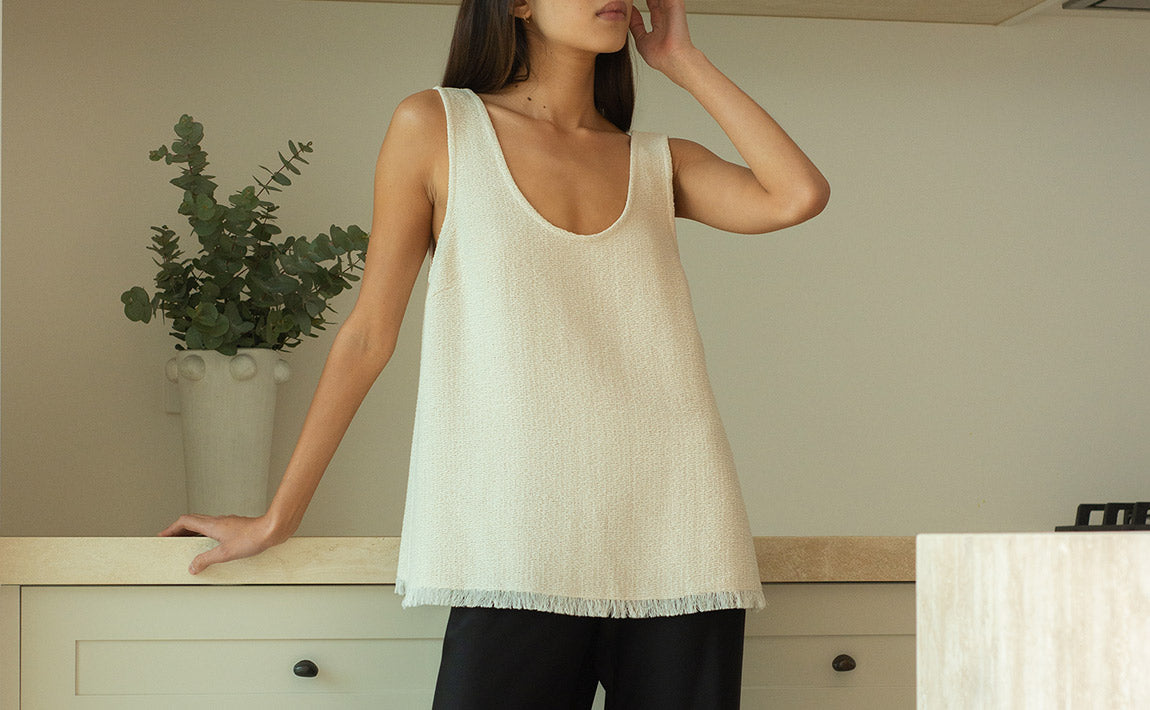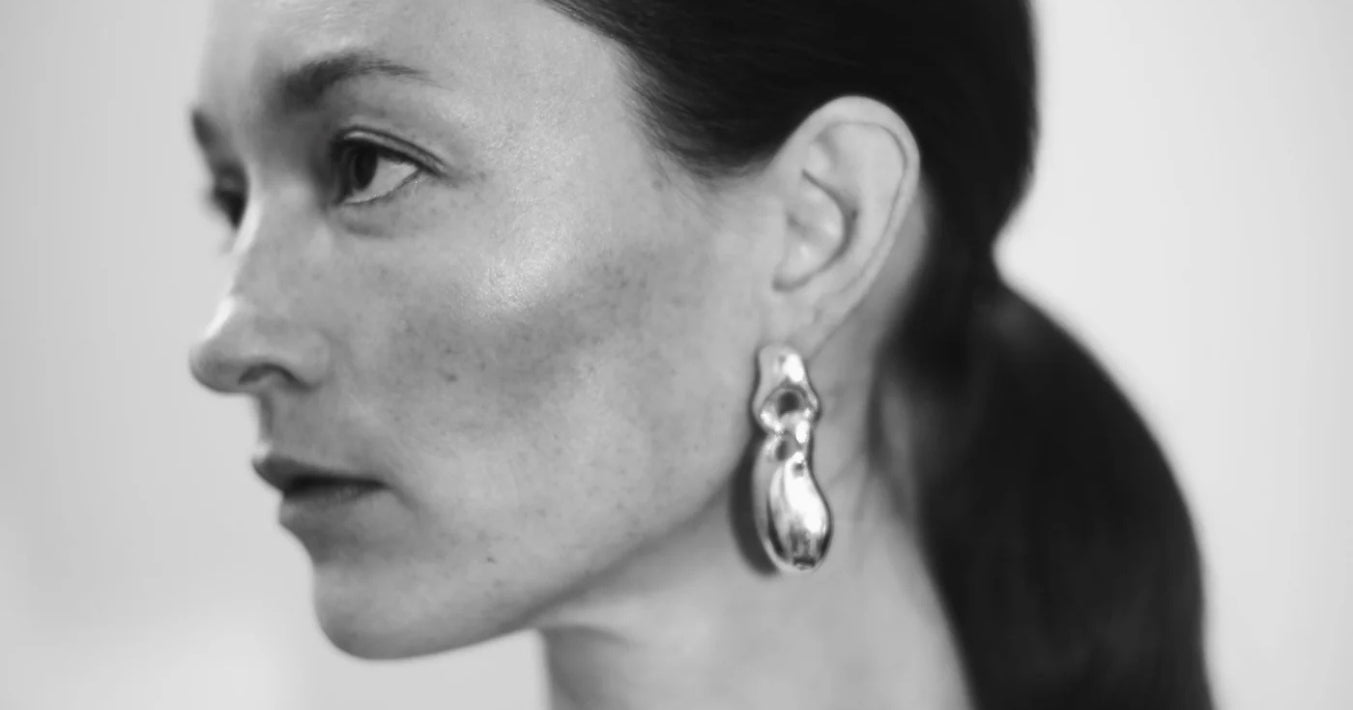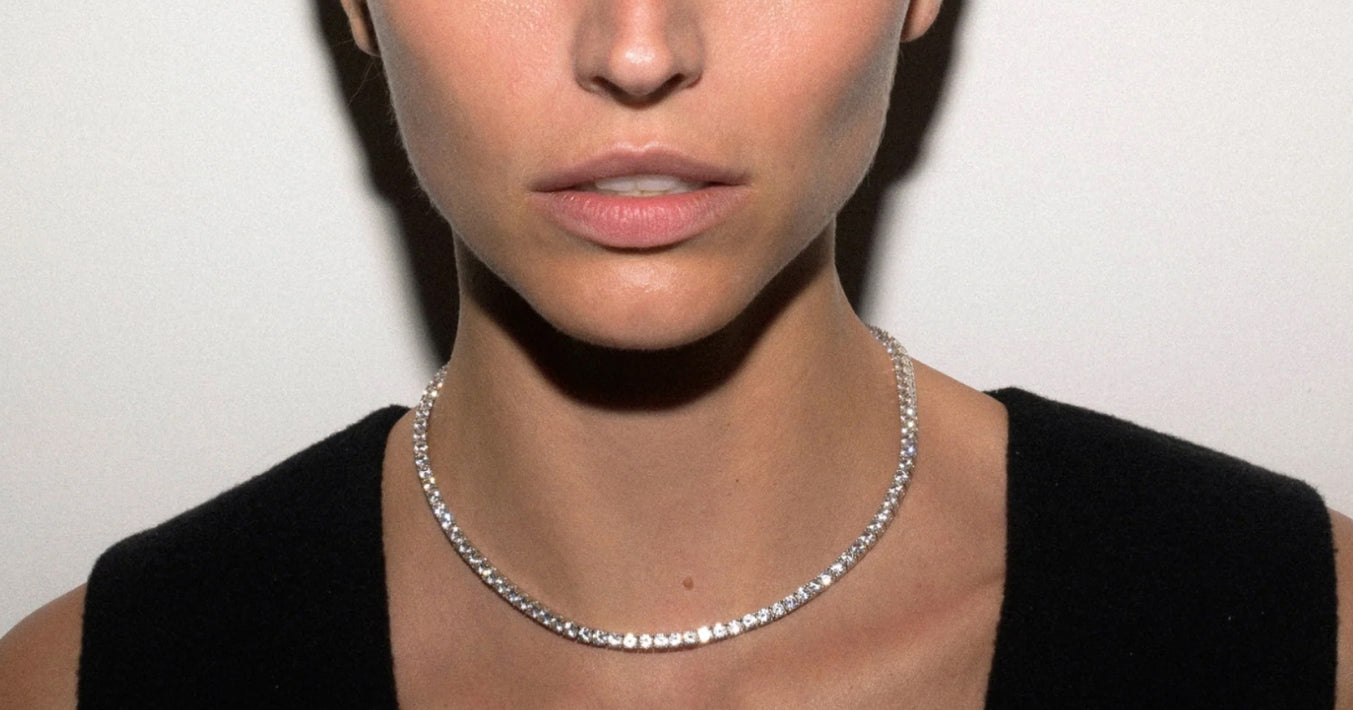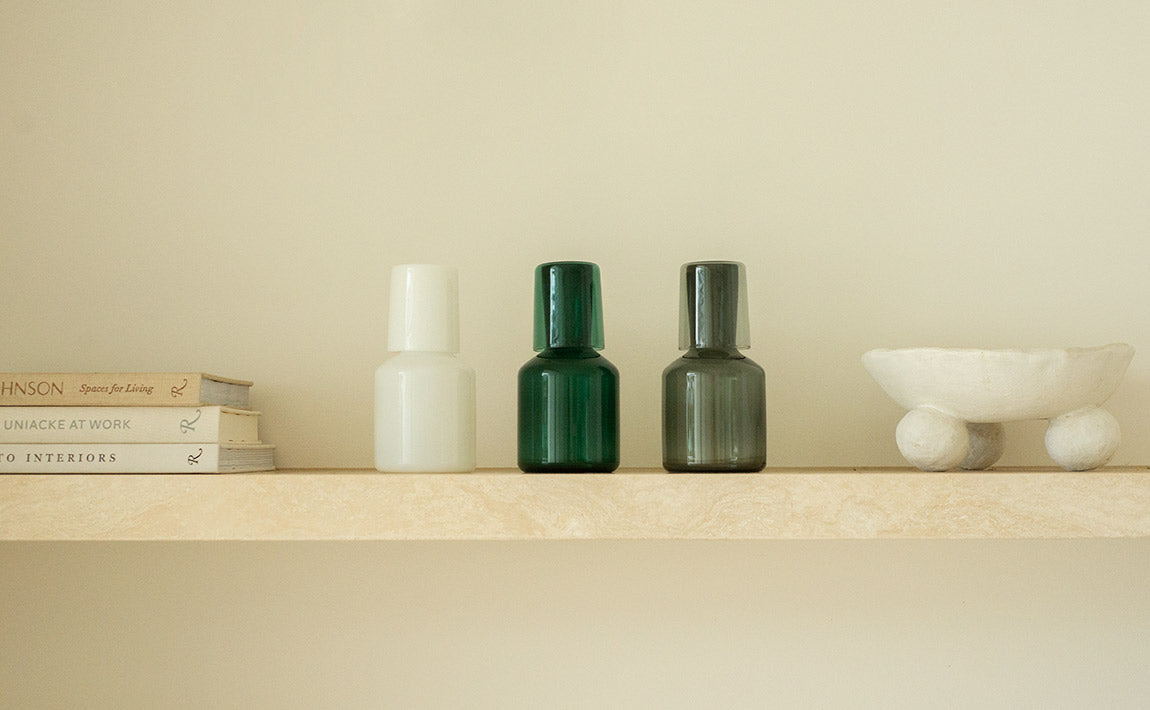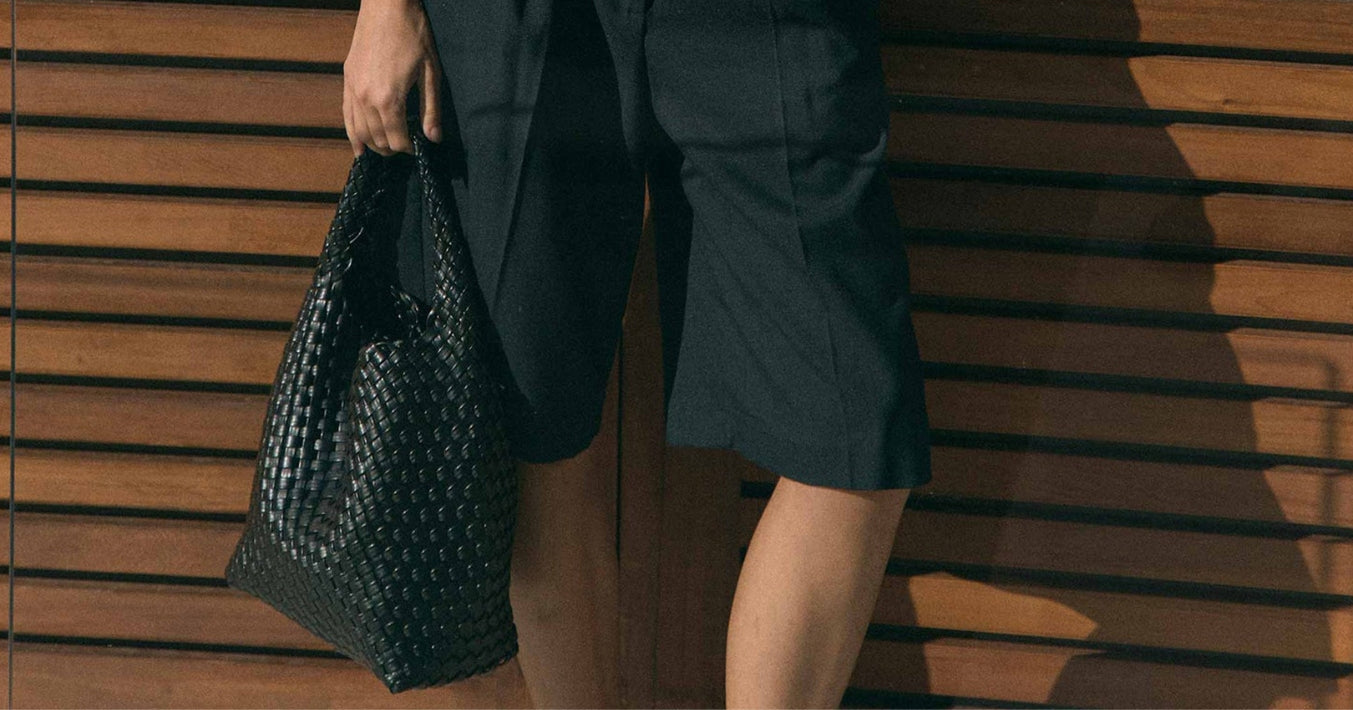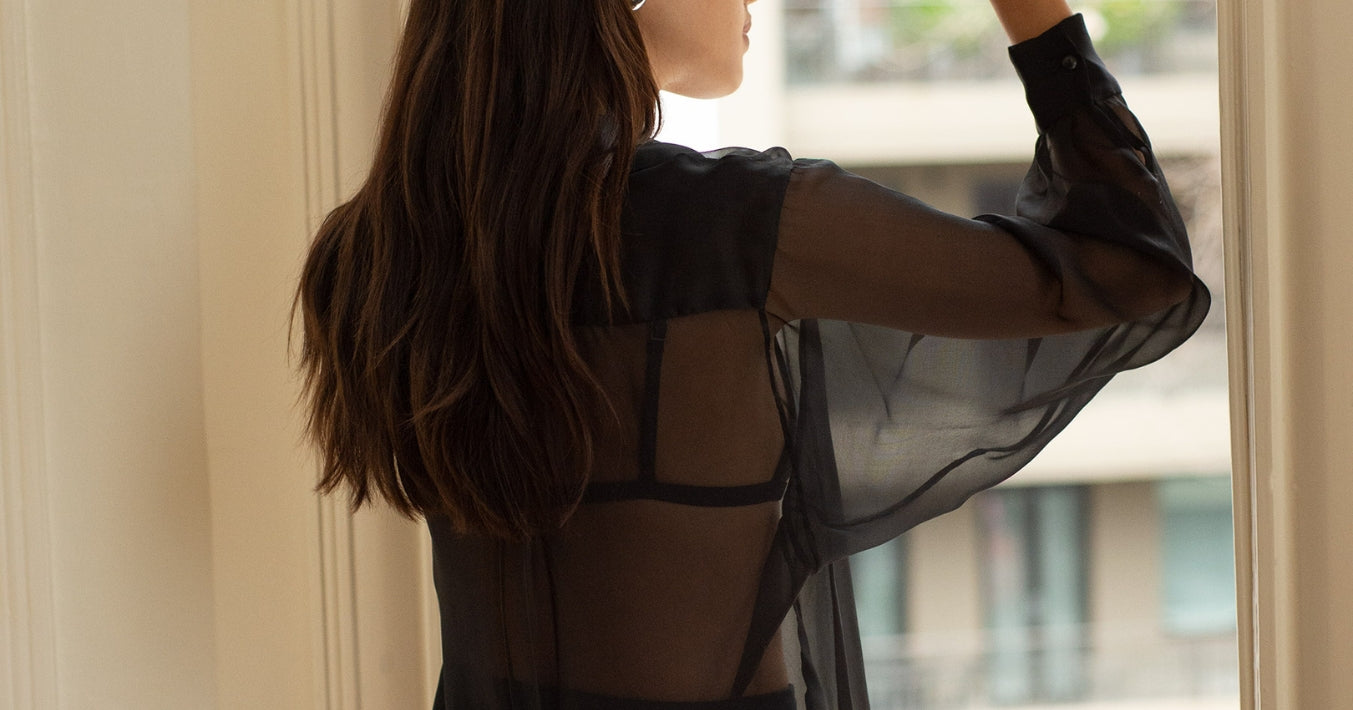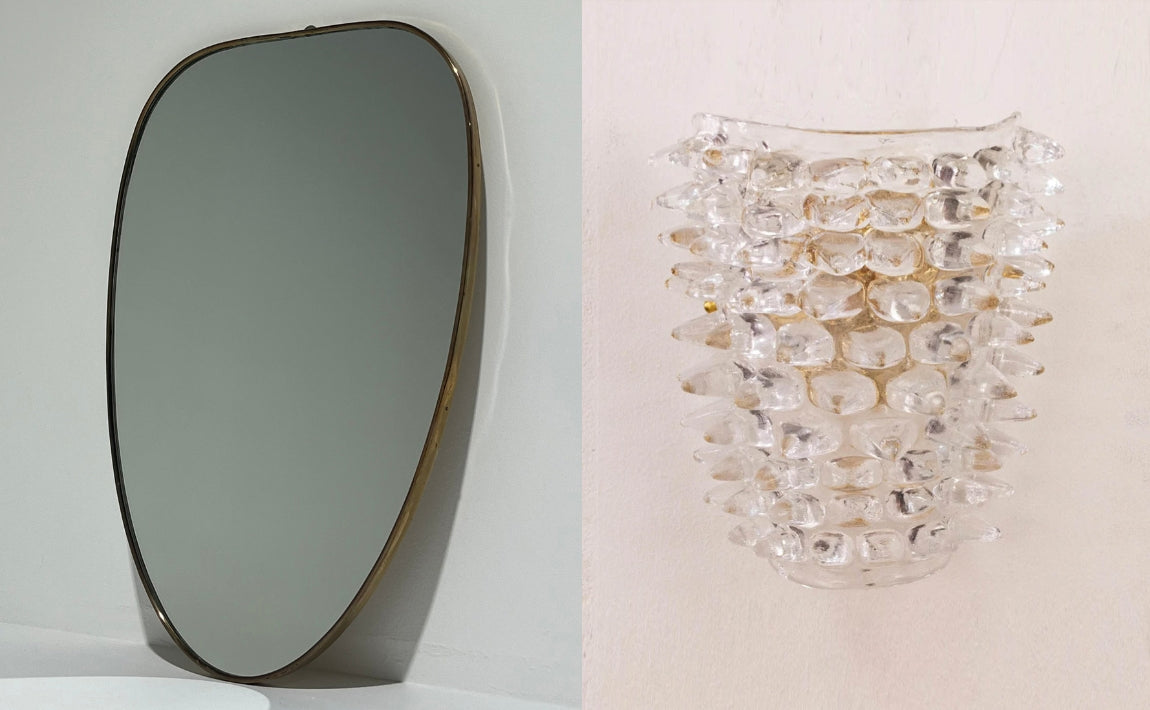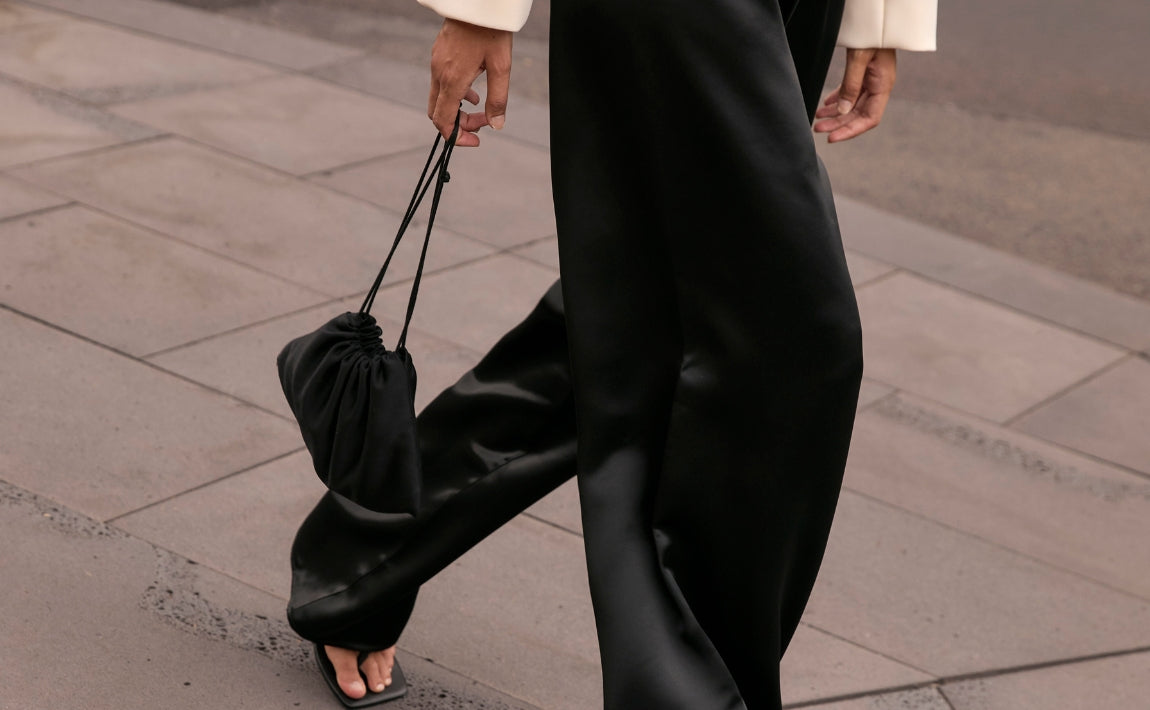Taking care of business: How to look after your wardrobe
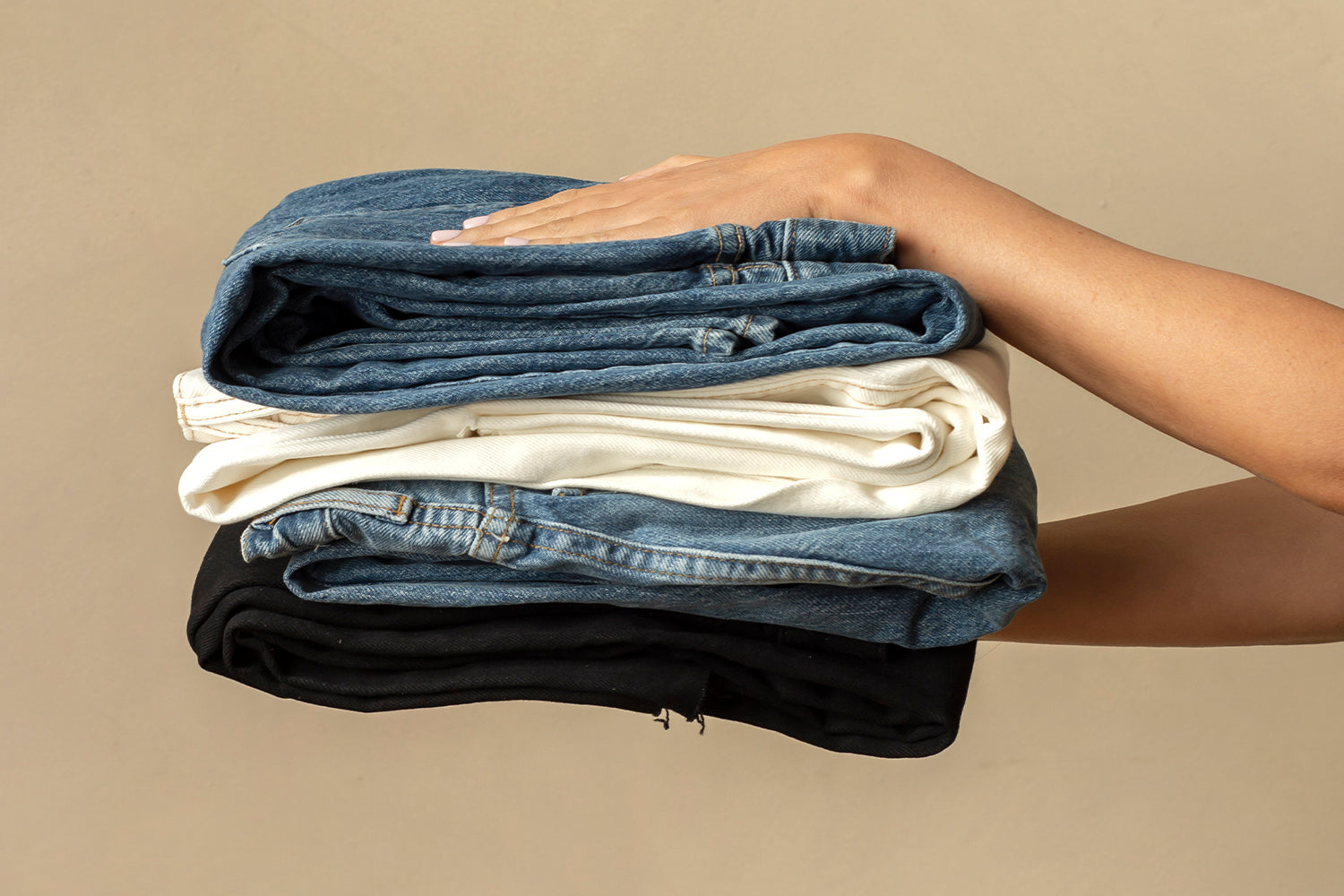

Helping you build a curated closet is one of our big ambitions at The UNDONE, but the other is to assist you in maintaining it. We believe that caring for our clothes and extending their life span is one of the best ways we can break the fast fashion cycle and make more considered choices for ourselves, and our planet. Here are some tips for caring for every aspect of your wardrobe.
Denim
The key thing to remember about jeans is not to over-wash them. Most denim brands suggest washing them about once every 10 wears, airing them out and spot cleaning in between washes if they need a refresh. The reason for this is that over-washing denim is both bad for the environment and for the shape of your jeans. The less you put them through the machine, the better they will retain their shape and the longer they will last. After washing, lay them flat to dry in the shade – sunlight is damaging to the colour of denim, as is tumble drying. Once your jeans are dry, store them folded and flat in your closet.
Everyday wear
Cotton and linen separates, from t-shirts and singlets to linen separates, form the backbone of our wardrobe, and they are incredibly easy to take care of. The key things to remember are to wash them in cold water and hang them on the line to air dry, avoiding the tumble dryer. T-shirts and singlets benefit from being washed inside out, it helps them retain their shape. And when clean, store your cotton basics folded flat. Linen separates can be hung to help them avoid creasing, but a quick steam will also help smooth out any crinkles in your pieces.
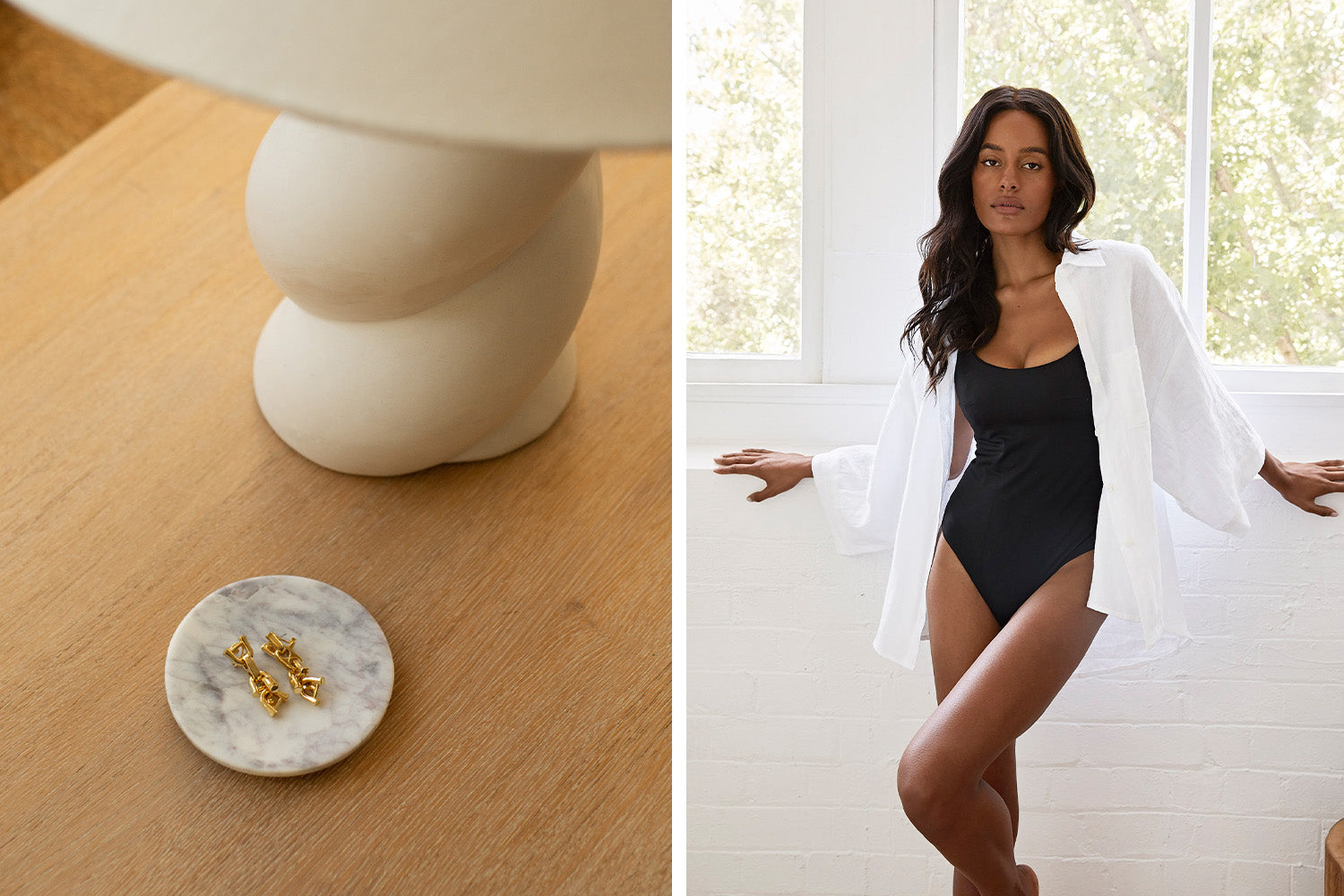
Knitwear
All knitwear is different and requires varying levels of care. The key thing to remember is that the enemy of wool is heat: washing your woollen cardigans and sweaters in warm water or drying them in the tumble dryer will cause the fibres to shrink and your beloved piece to lose its shape. Invest instead in a good quality woollen detergent and either handwash or machine wash on a woollen or delicates cycle sparingly. In between washes, a cashmere comb or lint brush will help to prevent pilling and keep your knitwear looking brand new.
Shoes
Shoes are some of the hardest working pieces in any wardrobe, and as such they will usually need a bit of TLC. Store your shoes in their dust bags and shoe boxes when not being worn. (Use a polaroid camera or a sticky label affixed to the outside of the box to remind you what’s what.) Resoling your shoes as they get worn down will also help to extend their life, as will resting them between wears – try to alternate between your beloved styles so as not to put excess pressure on one particular pair of shoes.

Evening wear
For dresses, suiting and everything that comes out after dark, a little care goes a long way. Many dressier fabrics are dry clean only, which means you should find a dry cleaner in your area and entrust them with your precious pieces. Like with washing, remember not to over dry clean your silk slips or woollen suits. In between dry clean sessions, you can refresh garments that are only lightly soiled by airing them out, using wool or lint brushes and spot-cleaning here and there. Once you have dry cleaned your pieces, hang them carefully on a non-wire coat hanger in your closet to avoid snags and snares.
Swimwear
Swimwear are some of the hardiest pieces in your wardrobe: they are made to withstand multiple washings and all of the salt, sweat and sand of endless summers. But you should still invest in a delicates bag to wash your bikinis and onepieces in. This will help protect them from snagging in the washing machine. Use a mild detergent on a cold setting and do not tumble dry, wring them out of water or bleach them, instead, hang them to dry on the line.

Jewellery
As tempting as it is to keep all your jewels and trinkets on display, the best thing to do with jewellery is to keep them in their dustbags, protecting them from dust and sunlight. Also, remember that water, chlorine, sunscreen and perfume can be harmful to some metals, so make sure to remove your jewellery before showering or swimming, and try to avoid spraying fragrance directly onto necklaces or bracelets.


